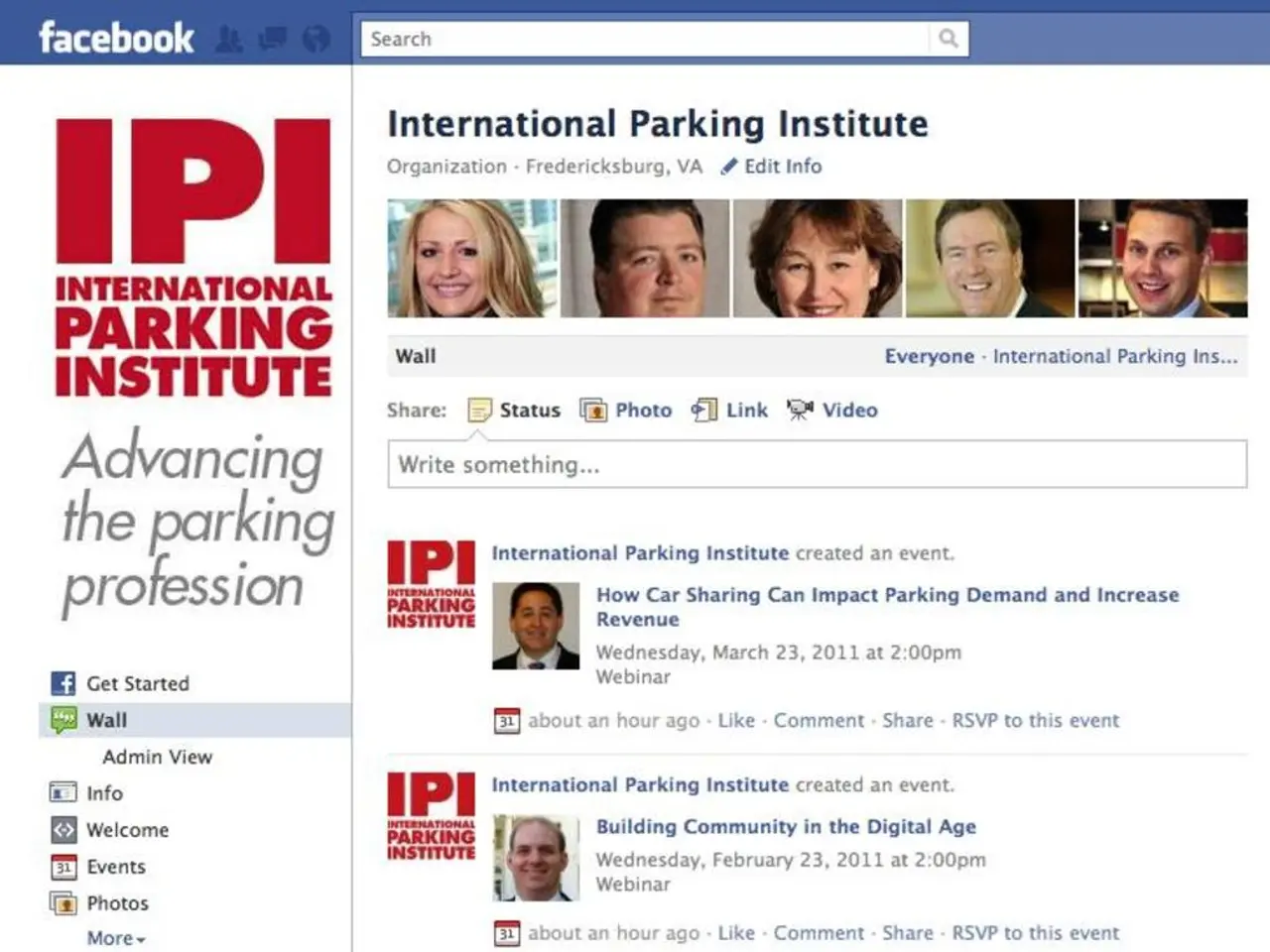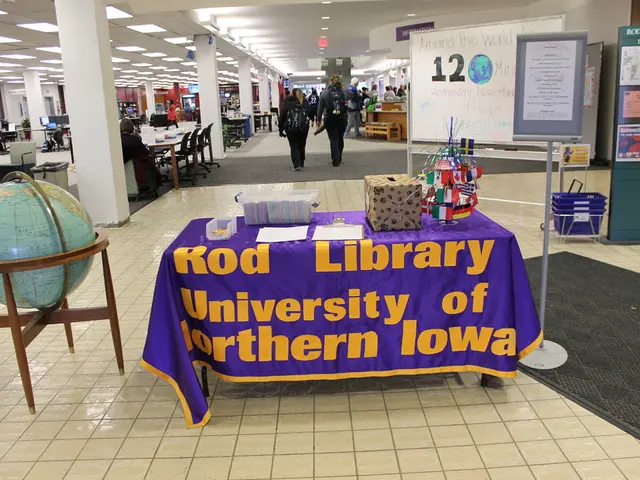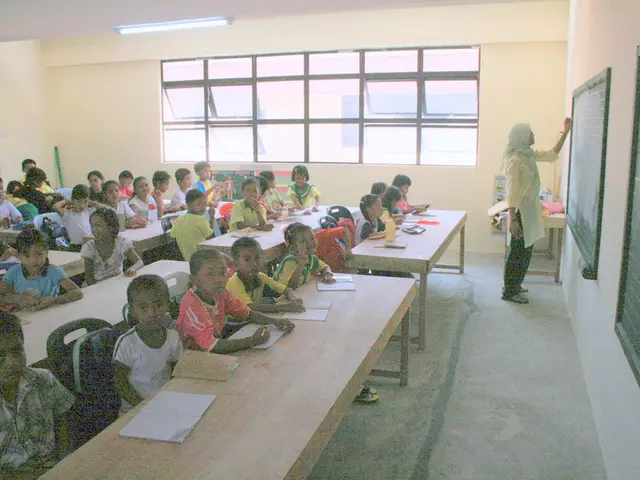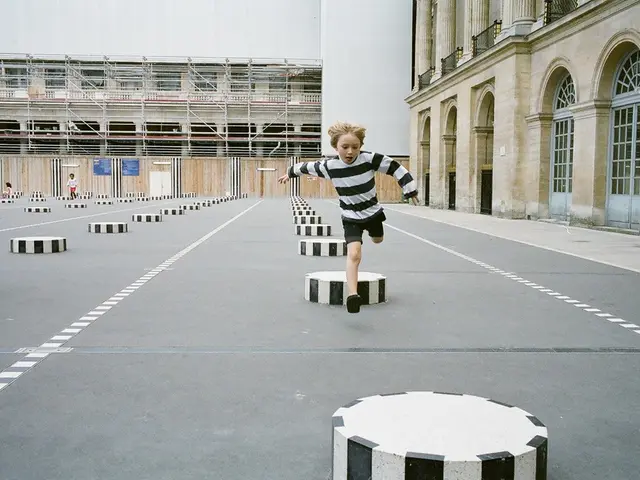Modern Dating: Shift from Traditional Gender Expectations?
In today's world, the evolution of gender roles has significantly impacted modern dating dynamics and romantic partnerships. This shift, driven by a push for gender equality, has reshaped expectations, behaviors, and power balances between partners.
One key impact of this transformation is the increased independence and financial autonomy of women. With women entering and excelling in the workforce, they no longer need to rely on male partners for economic security. This greater independence corresponds with rising singledom in the 20s and 30s age groups, as some women prioritize personal stability and career over traditional partnership milestones.
Shifting expectations within romantic partnerships challenge traditional gender roles where men were breadwinners and women homemakers. Modern partners more often negotiate roles on a more equal footing, creating a more flexible dating dynamic but also introducing ambiguity and negotiation challenges.
The normalization of gender equality in dating empowers individuals to redefine their expectations of love and partnership. This shift allows greater personal choice but also introduces new challenges around clarity, confidence, and alignment of relationship goals.
The redefinition of masculinity helps dismantle toxic masculinity, promoting healthier expressions of masculinity that prioritize emotional well-being and relational harmony. Enhanced communication and cooperation in relationships are a result of gender equality, promoting a sense of teamwork rather than competition. Men increasingly participate in domestic responsibilities due to gender equality, creating a more balanced power dynamic in relationships.
Modern relationships increasingly reject rigid definitions of masculinity and femininity, enabling individuals to express their identities freely. Emotional intelligence is paramount in modern relationships, with characteristics traditionally associated with femininity recognized as essential for all individuals.
The evolutionary and psychological factors that shape mate selection continue to play a role. Research indicates women’s creative thinking and interest in dating can be influenced by cues about a partner's long-term commitment, showing that underlying mating strategies still play an important role despite social changes.
Cultural phenomena like the “rich aunty” trend reflect changing female values. Some women embrace independence, wealth, and lifestyle freedom over conforming to marriage and childbearing expectations, highlighting increased diversity in relationship goals and personal fulfillment factors.
However, the contrast between social media’s curated "perfect relationship" portrayals and real experiences can lead to dissatisfaction, confusion, and insecurity. This dynamic affects both men and women but particularly impacts groups such as femcels (female involuntary celibates) who may struggle with low self-esteem and feel marginalized by traditional and evolving dating standards.
In conclusion, the evolution of gender roles has led to more egalitarian but complex dating dynamics, marked by increased female independence, negotiated partnership roles, and the influence of societal narratives on self-perception and expectations. This shift allows greater personal choice but also introduces new challenges around clarity, confidence, and alignment of relationship goals.
- In modern dating, increased independence and financial autonomy of women correspond with the rising trend of prioritizing personal growth and career over traditional relationship milestones.
- As a result of gender equality, communication and cooperation in relationships are enhanced, fostering a teamwork-oriented dynamic instead of competition.
- Modern romantic partnerships allow couples to negotiate roles more equally, creating a more flexible, yet sometimes ambiguous, dating dynamic.
- The normalization of gender equality and the redefinition of expectations of love and partnership shape family-dynamics, enabling individuals to express their identities freely.
- In this new era of relationships, emotional intelligence is paramount, with characteristics traditionally associated with femininity recognized as essential for all individuals.
- The transformation of gender roles in dating also introduces new challenges, with individuals grappling with clarity, confidence, and alignment of relationship goals, while navigating the influence of societal narratives on self-perception and expectations.






